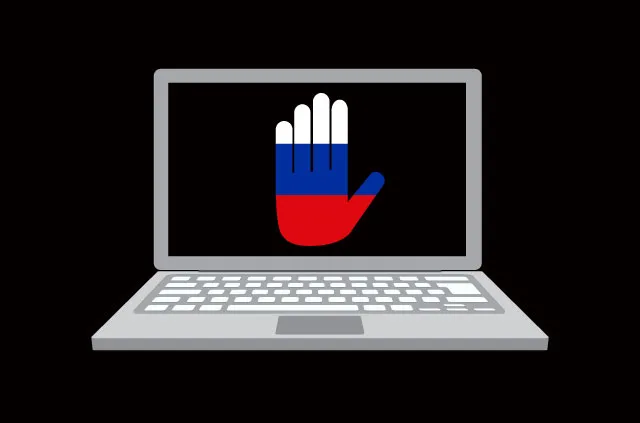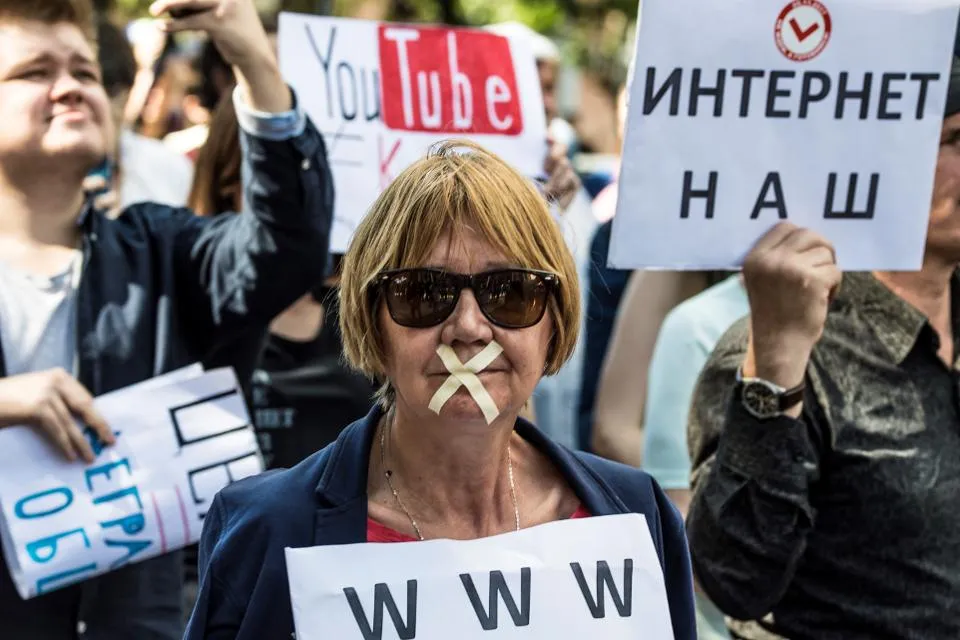Various countries have tried to limit the use of VPN, but Russia will be the the first country introducing such a major ban. A few days ago, President Vladimir Putin signed the documents which can change the way we perceive anonymity in the network. Of course... The law is only concerned with the security of citizens. In addition some deputy assured that in Russian internet there is more "freedom" than in other countries... ;)
- LAW vs VPN & TOR
On the 29th of July, Russian President Vladimir Putin signed two documents allegedly used to fight against political extremism and terrorism. The first requires Internet providers to block sites that offer VPN services or anything else that allows "anonymous" Internet access (such as TOR). In Russia, the "illegal" sites have been already blocked in the past by the telecom regulator - Roskomnadzor. In the "illegal" category there are both terrorism promotors and the parties of the opposition. Russia will now more effectively counteract the access to both...
The second law signed by Vladimir Putin requires the network providers to determine the identity of the people who use services such as VPN or TOR. The identification is to be based on a telephone number. In addition, at the request of the authorities they will have to block users who distribute illegal content. Failure to comply with the rules will result in the service being shut down. This law is expected to come into force on the January 1, 2018.

- What's the hype about
Russia will be the first country to prohibit the use of VPNs and TORs. Contrary to a popular belief, China has got no absolute ban across the network. They only require a service registration, which in practice limits the personal use of VPNs and leaves the field to use these services in business. In Turkey, partial locking was introduced temporarily, including TOR and selected VPN services (they were not quite effective, although their workaround was not easy).
It is known that Russia has some problems with extremists who are trying to recruit terrorists. On the other hand, presidential elections are scheduled for March 2018 in Russia. Even if Putin's victory seems certain now (though it is not yet known whether Putin will start), the Kremlin cares about the smooth running of this formality. It is also no secret that the Russian authorities dislike TOR and were ready to pay for his breakdown.
- There were protests
Citizens of Russia have not fully accepted another law restricting freedom of communication. On the 23rd of July, a few hundred people were walking through the streets of Moscow (according to the police, around 800). They protested against censorship and demanded the dismissal of Roskomnadzor's CEO. Ironically, the protest was held with the permission of the authorities. Its scale does not seem large, but in Russia any anti-government protests are not very common. Politicians did not go into any discussions with the people, though.

- Meanwhile in China...
It is difficult not to connect Russian law with another, recent event. What is is? Well... Apple has removed popular VPN applications from the App Store, which was noted on the Express VPN blog. Application removal has also been confirmed by VyprVPN and StarVPN. Chinese users may still be able to download blocked apps if they know how to set up an account for another country. Many people in China do not know it yet. According to media reports, there are still less popular VPN apps available in the Chinese App Store.
Apple has been accused of co-operating with the regime, although it would probably call it "adapting the content to the local law". The Apple Developer Guidelines clearly state that any application must obbey the law of the particular country.
- What's next?
The moves of Russia and China are associated with the quirks of totalitarian states, but they are not irrelevant to other countries. In the past, western countries have argued that since China can censor the internet, it would certainly be more effective in the West to fight illegal content. This argument even came from the mouth of Bono, the vocalist of U2, a star committed to the fight for human rights (sic!). Western countries still seem to be far away from such behaviour. However, censorship and government control is somehow always hidden around the corner...
- What do you personally think about this topic? Is is the start of anonymity collapse? Or is it just another step to show off the power?
Source and Pictures:
niebezpiecznik.pl
forbes.com